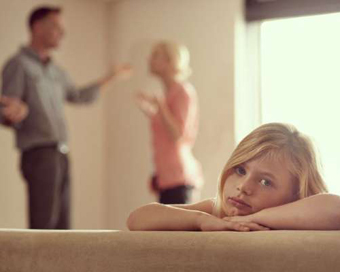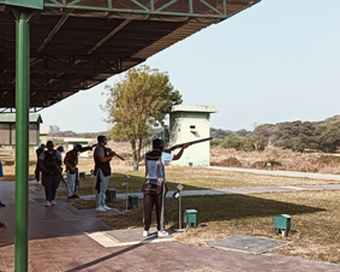Gallery
 PM Modi visit USA
PM Modi visit USA Only the mirror in my washroom and phone gallery see the crazy me : Sara Khan
Only the mirror in my washroom and phone gallery see the crazy me : Sara Khan Karnataka rain fury: Photos of flooded streets, uprooted trees
Karnataka rain fury: Photos of flooded streets, uprooted trees Cannes 2022: Deepika Padukone stuns at the French Riviera in Sabyasachi outfit
Cannes 2022: Deepika Padukone stuns at the French Riviera in Sabyasachi outfit Ranbir Kapoor And Alia Bhatt's Wedding Pics - Sealed With A Kiss
Ranbir Kapoor And Alia Bhatt's Wedding Pics - Sealed With A Kiss Oscars 2022: Every Academy Award Winner
Oscars 2022: Every Academy Award Winner Shane Warne (1969-2022): Australian cricket legend's life in pictures
Shane Warne (1969-2022): Australian cricket legend's life in pictures Photos: What Russia's invasion of Ukraine looks like on the ground
Photos: What Russia's invasion of Ukraine looks like on the ground Lata Mangeshkar (1929-2022): A pictorial tribute to the 'Nightingale of India'
Lata Mangeshkar (1929-2022): A pictorial tribute to the 'Nightingale of India' PM Modi unveils 216-feet tall Statue of Equality in Hyderabad (PHOTOS)
PM Modi unveils 216-feet tall Statue of Equality in Hyderabad (PHOTOS)India Open Competition in Shotgun, organised by the National Rifle Association of India (N
- Hockey India names Amir Ali-led 20-man team for Junior Asia Cup
- Harmanpreet Singh named FIH Player of the Year, PR Sreejesh gets best goalkeeper award
- World Boxing medallist Gaurav Bidhuri to flag off 'Delhi Against Drugs' movement on Nov 17
- U23 World Wrestling Championship: Chirag Chikkara wins gold as India end campaign with nine medals
- FIFA president Infantino confirms at least 9 African teams for the 2026 World Cup
Family conflict may influence suicidal thoughts in kids Last Updated : 10 Feb 2020 01:30:46 PM IST 
(file photo) Family conflict and parental monitoring are significant predictors of suicidal thoughts in children as young as 9- and 10-year olds, says a study. Family conflict and parental monitoring are significant predictors of suicidal thoughts in children as young as 9- and 10-year olds, says a study.
The majority of children surveyed in the study had caregivers who either did not know, or did not report, the suicidal thoughts of the children in their charge.Historically, the belief has been that people don't need to ask kids about suicidal thoughts before adolescence, said Deanna Barch, Professor at Washington University School of Medicine in St. Louis, US."Our data suggests that's absolutely not true. Kids are having these thoughts. They're not at the same rates as adults, but they are nontrivial," she added.The study, published in the journal JAMA Network Open, looked at 11,814 children between ages 9 and 10 from the Adolescent Brain Cognitive Development (ABCD) study, a longitudinal study in the US on adolescent brain health in which caretakers also participate.Dividing suicidal thoughts and actions into several categories, researchers found that 2.4 to 6.2 per cent of the children reported having thoughts about suicide, from wishing they were dead to devising -- but not carrying out -- a plan.When it came to actions, they saw 0.9 per cent of these 9- and -10-year-olds said they had tried to commit suicide; 9.1 per cent reported non-suicidal self-injury.In more than 75 per cent of cases where children self-reported suicidal thoughts or behaviours, the caregivers did not know about the child's experience, said the study.The researchers found that family conflict was a predictor of suicidal thoughts and non-suicidal self-injury. Monitoring by a caretaker was also predictive of those measures, as well as suicide attempts.Parents, caregivers and people working with children should be aware of the possibility that a 9-year-old is thinking about suicide, Barch said."If you have kids who are distressed in some way, you should be asking about this," she said, adding that caregivers can help identify kids who might be in trouble.IANS New York For Latest Updates Please-
Join us on
Follow us on








172.31.16.186







